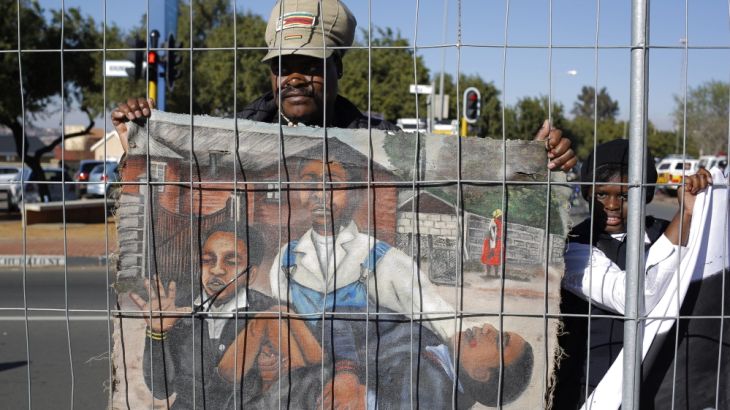
The uprising that changed South Africa
What does the Soweto Uprising mean for a new generation of young South Africans 40 years on?
It is considered a turning point in the long struggle against apartheid in South Africa. On June 16, 1976, schoolchildren took to the streets of Soweto to protest against a decision that would force them to be taught in Afrikaans, the language of their oppressors.
Schools for black children were already in a dismal state, intentionally overcrowded and under-resourced. It was under these conditions that the students protested on that day 40 years ago.
In a response consistent with the way the apartheid government repressed dissent, police opened fire on the young protesters.
Officially, 170 students were killed, but many put that figure as high as 700 in the violence that followed.
It became known as the Soweto Uprising and led to other protests across the country. But 40 years on, what does the Soweto Uprising mean for a new generation of young South Africans?
Presenter: Folly Bah Thibault
Guests:
Noor Nieftagodien – South African research chair at the University of Witwatersrand
Simamkele Dlakavu – student activist for the movement Fees Must Fall
Somadoda Fikeni – policy and political scientist at the University of South Africa